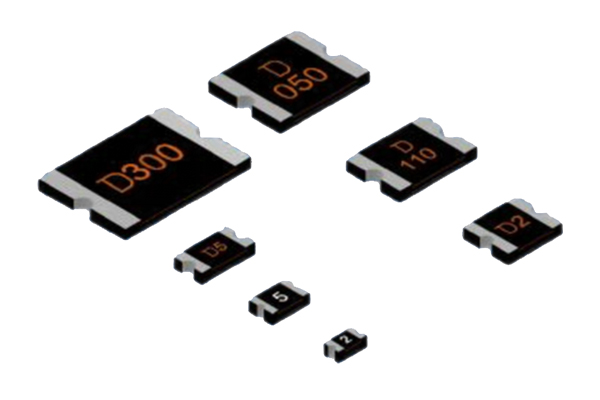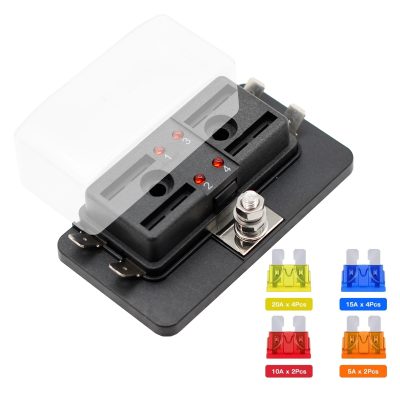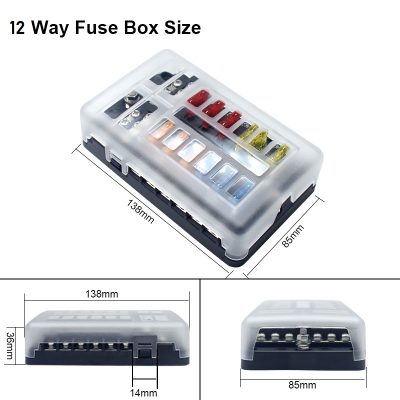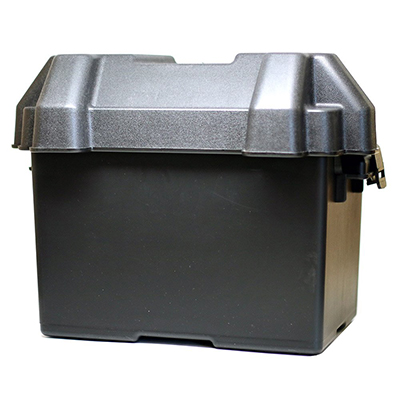Car Current Fuses: Vital Components for Automotive Circuit Protection
News 2025-10-24
Car current fuses are essential components in automotive electrical systems, designed to protect circuits from overcurrent and potential damage. These devices act as safeguards by interrupting the flow of electricity when excessive current is detected, preventing fires, component failures, and other hazards. In modern vehicles, fuses play a critical role in maintaining reliability and safety, especially with the increasing complexity of electronic systems. Understanding their function helps ensure that automotive designs meet stringent safety standards and perform optimally under various conditions.

Types of Automotive Fuses
Car current fuses come in several types, each suited to specific applications within a vehicle’s electrical architecture. Blade fuses, for instance, are compact and commonly used in cars for their ease of replacement and color-coded ampere ratings. Bolt-down fuses offer higher current capacities, ideal for heavy-duty systems like engine management or lighting. Micro and mini fuses provide space-saving solutions for densely packed fuse boxes. Selecting the appropriate fuse type depends on factors such as current rating, voltage, and environmental resistance, ensuring compatibility and effective protection in diverse automotive settings.
Application Scenarios in Vehicles
In automotive contexts, current fuses are deployed in numerous scenarios to enhance circuit safety. They protect critical components like headlights, power windows, and audio systems from short circuits caused by wiring faults or component failures. In electric and hybrid vehicles, fuses safeguard high-voltage batteries and charging circuits, mitigating risks associated with energy storage. During manufacturing and maintenance, fuses prevent damage from accidental overloads, extending the lifespan of electronic modules. Their integration into fuse panels allows for quick identification and replacement, minimizing downtime and ensuring continuous vehicle operation in both everyday driving and extreme conditions.
Performance and Safety Advantages
Car current fuses offer significant performance benefits, including rapid response times that limit damage during faults. Their low cost and simplicity make them highly efficient for circuit protection compared to more complex alternatives. Fuses also provide reliable operation across a wide temperature range, crucial for automotive environments. By breaking circuits instantly upon detecting overcurrent, they reduce the risk of thermal runaway and electrical fires, contributing to overall vehicle safety. This reliability supports compliance with industry regulations and improves system longevity, making fuses indispensable in modern automotive design.
Frequently Asked Questions
1. What is a car current fuse?
A car current fuse is a safety device that protects electrical circuits by melting a metal wire when current exceeds safe levels, breaking the circuit.
2. How do fuses enhance circuit safety?
Fuses prevent overheating and fires by interrupting excessive current flow, thus protecting wires and components from damage.
3. When should a fuse be replaced?
A fuse should be replaced immediately if it has blown, indicated by a broken wire, to restore circuit functionality and safety.


